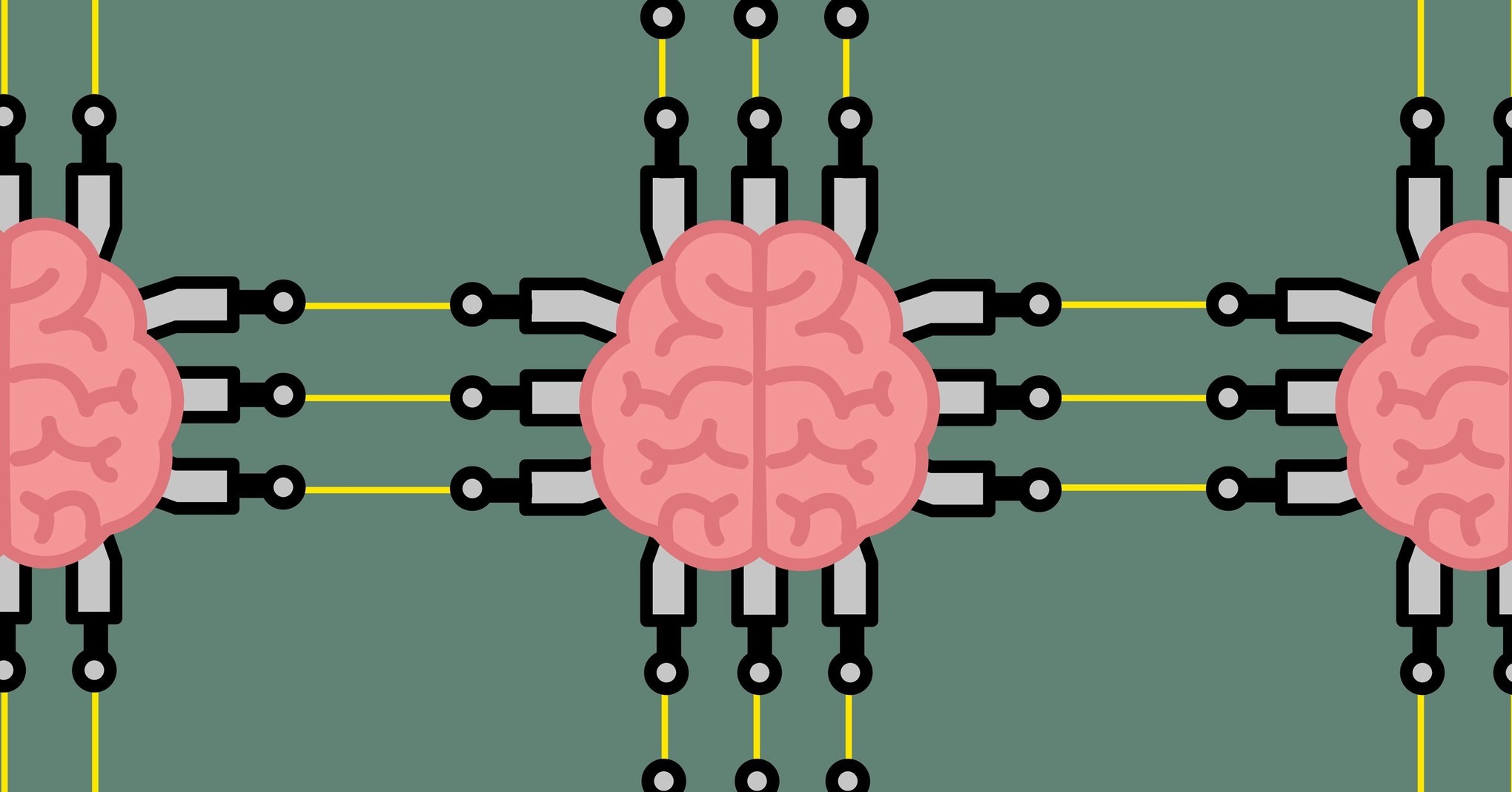One datapoint that shows how great that need is: software companies Google and Microsoft have become entangled in the messy task of creating their own chips. They’re being raced by a new crop of startups peddling their own AI-centric silicon—and probably Apple, too. As well as transforming our lives with intelligent machines, the contest could shake up the established chip industry.
Microsoft revealed its AI chip-making project late on Sunday. At a computer vision conference in Hawaii, Harry Shum, who leads Microsoft’s research efforts, showed off a new chip created for the HoloLens augmented reality googles. The chip, which Shum demonstrated tracking hand movements, includes a module custom-designed to efficiently run the deep learning software behind recent strides in speech and image recognition. Microsoft wants you to be able to smoothly reach out and interact with the virtual objects overlaid on your vision and says nothing on the market could run machine learning software efficiently enough for the battery-powered device that sits on your head.
Microsoft’s project comes in the wake of Google’s own deep learning chip, announced in 2016. The TPU, for tensor processing unit, was created to make deep learning more efficient inside the company’s cloud. The company told WIRED earlier this year that it saved the company from building 15 new datacenters as demand for speech recognition soared. In May Google announced it had made a more powerful version of its TPU and that it would be renting out access to the chips to customers of its cloud computing business.
News that Microsoft has built a deep learning processor for Hololens suggests Redmond wouldn’t need to start from scratch to prep its own server chip to compete with Google’s TPUs. Microsoft has spent several years making its cloud more efficient at deep learning using so-called field-programmable gate arrays, a kind of chip that can be reconfigured after it’s manufactured to make a particular piece of software or algorithm run faster. It plans to offer those to cloud customers next year. But when asked recently if Microsoft would make a custom server chip like Google’s, Doug Burger, the technical mastermind behind Microsoft’s roll out of FPGAs, said he wouldn’t rule it out. Pieces of the design and supply chain process used for the HoloLens deep learning chip could be repurposed for a server chip.
Sourced through Scoop.it from: www.wired.com




Leave A Comment